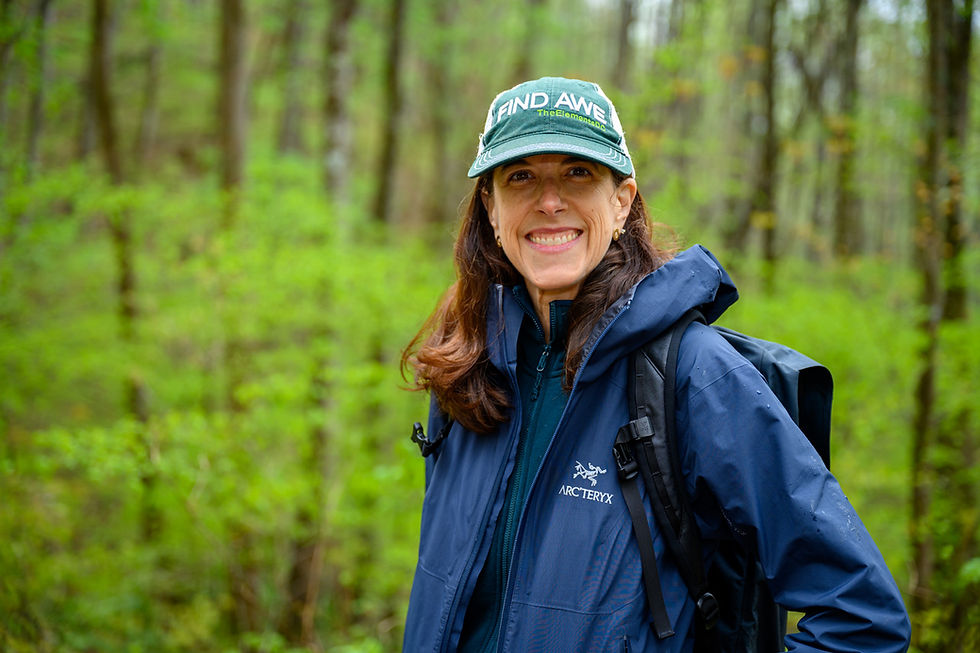Hiking in Nature = Improved Mental Health?
- hikingresearch
- Oct 13, 2015
- 2 min read
By Mark A. Ellison, Ed.D.
Fall is a wonderful time to be in nature. The leaves are turning radiant hues, the air is crisp, and the sky is a deep blue. Nature has even more umph to refresh our mind, body and spirit.

Shining Rock Wilderness in the Appalachian Mountains of North Carolina
Researchers at Stanford University recently found that walking in nature is not only awe inspiring but provides measurable mental health benefits and may even reduce the risk of depression. Specifically, the study found that people who walked in a nature area for 90 minutes compared to participants walking in an urban area, had decreased activity in the brain associated with a key factor for depression. “These findings are important because they are consistent with, but do not yet prove, a causal link between increasing urbanization and increased rates of mental illness,” said co-author James Gross, a professor of psychology at Stanford.
The study authors note that city dwellers have a 20 percent higher risk of anxiety disorders as well as a 40 percent higher risk of mood disorders compared to people living in rural settings. People born and raised in cities are twice as likely to develop schizophrenia.
This research is important as urban planners identify how to best use limited resources, and national and state parks grapple with how to manage the demands of a growing population on finite public lands. People who live in settings that have constant noise and little nature need a place to escape. It is also critical that children are introduced to nature and learn how to utilize it for maintaining good mental and physical health throughout life.

Continued research on the connections between nature and human well-being are vital. Important work is being done by The Natural Capital Project which is focused on quantifying the value of natural resources to the public and predicting benefits from investments in nature. It is a joint venture of the Stanford Woods Institute for the Environment, The Nature Conservancy, the World Wildlife Fund and the University of Minnesota’s Institute on the Environment.
Being able to quantify and predict the benefits that nature offers to human health may be the strongest case that can be made for preserving nature. A world void of places to escape in nature is truly a depressing concept, one hopefully we will never have to experience. Our mental health hinges on it.








Comments